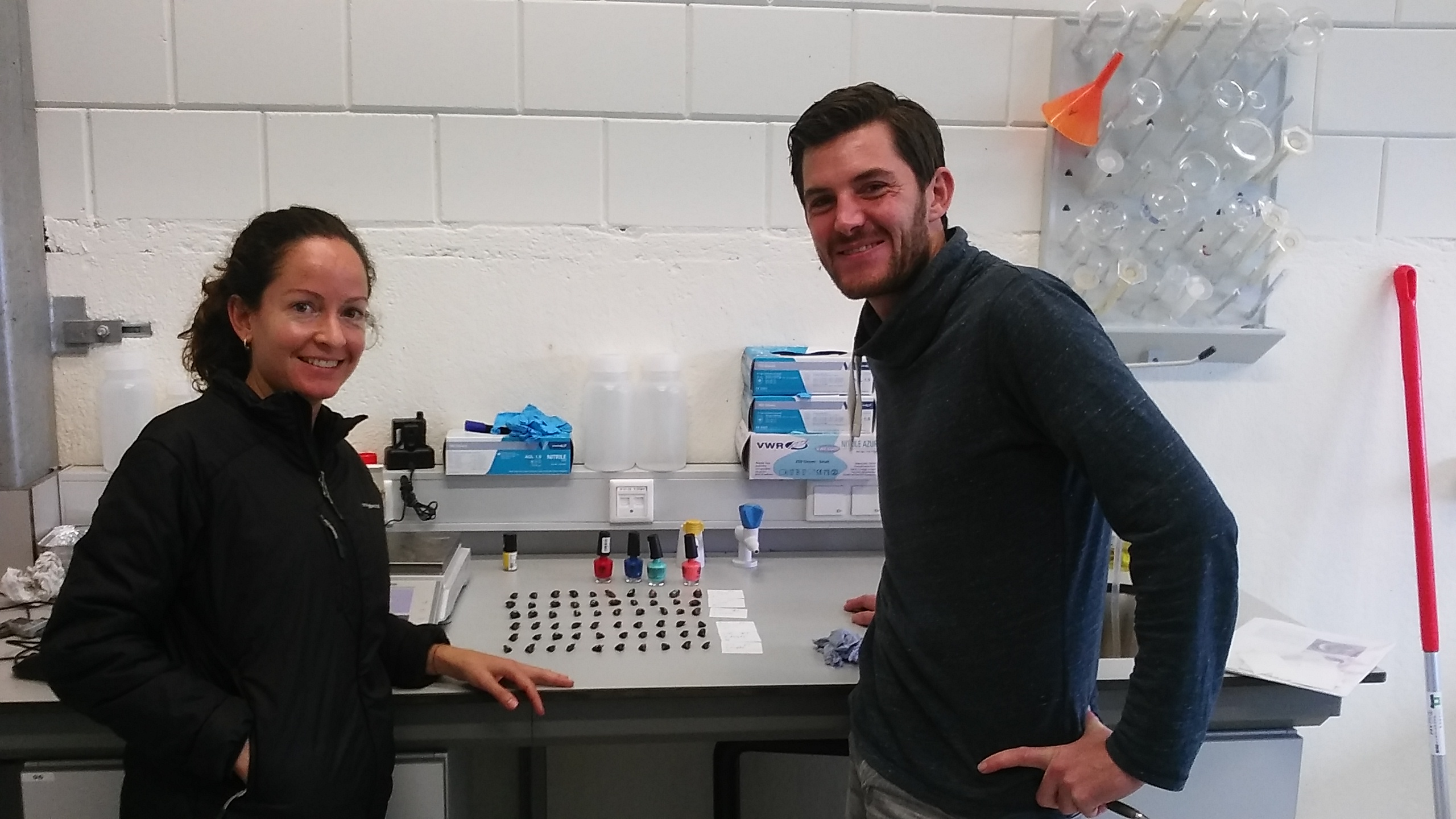CERES case studies

First data on mussel experiments
First results from field and laboratory experiments on the effect of temperature on mussel physiology showed strong differences between species and locations. Two mussel species and two oyster species were compared. Watch the video to see more from CERES scientist at work.
Experiments were specifically looking at the interaction between food and temperature. The combined effects of food availability and temperature on filtration rate, oxygen consumption rate and growth rate of mussels and oysters was determined experimentally. This is used to provide additional data to improve current physiological models needed for projecting climate-driven changes in production potential. Four bivalve species were tested: Mytilus edulis (2 origins Dutch and Danish), Mytilus galloprovincialis (Portuguese), Crassostrea gigas (Dutch) and Ostrea edulis (Dutch). Food levels were 2-3 µg chlorophyll a per liter and 8-10 µg chlorophyll a per liter. Temperatures tested were 5, 10, 15, 20, 25 and 30 °C. Depending on species and origin different optimal temperatures for growth were observed. These optimum values were affected by food level. In general, a higher food supply resulted in a higher optimum temperature. The Danish M. edulis performed better than the Dutch M. edulis. Mussels did not survive 30 °C. Filtration rates and oxygen consumption rates differed per temperature and food level.
Funding
![]() This project receives funding from the European Union’s Horizon 2020 research and innovation programme under grant agreement No 678193 (CERES, Climate Change and European Aquatic Resources). The content of this website does not reflect the official opinion of the European Union. Responsibility for the information and views expressed therein lies entirely with the author(s).
This project receives funding from the European Union’s Horizon 2020 research and innovation programme under grant agreement No 678193 (CERES, Climate Change and European Aquatic Resources). The content of this website does not reflect the official opinion of the European Union. Responsibility for the information and views expressed therein lies entirely with the author(s).
March 2016 - February 2020 I 5.6 Mio Euros .
Contact
CERES Office Universität Hamburg, Germany
Professor Dr. Myron Peck, scientific coordinator
Anastasia Walter, project manager
Phone +49 40 42 838 9891
Email contact@ceresproject.eu
Twitter @ceresproject_eu
